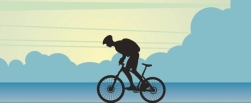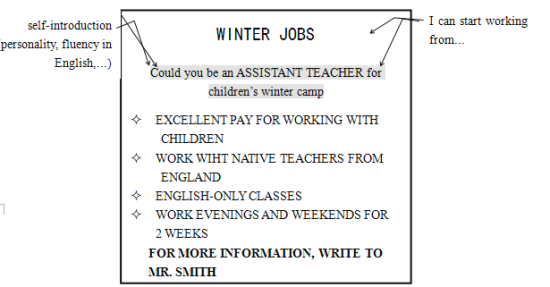题目内容
【题目】阅读理解。
A new study suggests that the more teenagers watch television, the more likely they are to develop depression (忧郁) as young adults.
The researchers used a national long-term survey of adolescent health to survey the relationship between media (媒体) use and depression. They based their findings on more than 4,000 adolescents who were not depressed when the survey began.
As part of the survey, the young people were asked how many hours of television or videos they watched daily. They were also asked how often they played computer games and listened to the radio. Media use totaled an average of five and one-half hours a day. More than two hours of that was spent watching TV.
Seven years later, more than seven percent of the young people had signs of depression. The average age at that time was twenty-one. The researchers say they did not find any such relationship with the use of other media such as movies, video games or radio, etc. But the study did find that every extra hour of television meant an eight percent increase in the chances of developing signs of depression. Young men were more likely than young women to develop depression given the same amount of media use.
Last December, a popular magazine published a study of activities that help lead to happy lives. Researchers from the University of Maryland found that people who describe themselves as happy spend less time watching television than unhappy people. The study found that happy people are more likely to be socially active, to join in outdoor activities and to hang out with friends.
(1)We can learn from the survey that ______.
A.computer games are teenagers' favorite
B.teenagers enjoy watching TV very much
C.newspaper is not included in the survey
D.most teenagers prefer to listen to the radio
(2)What can we know from Paragraph 4?
A.Movies and video games may cause depression.
B.Less than 7% of the young people became depressed.
C.An increase in television watching raises the risk of depression.
D.Young women had higher chances of becoming depressed than young men.
(3)According to the passage, what can we conclude?
A.Teenagers should not watch television any longer.
B.Teenagers play more video games instead of watching TV.
C.Teenagers should be active in taking part in outdoor activities.
D.Teenagers should be more active in reading magazines and newspapers.
【答案】
(1)B
(2)C
(3)C
【解析】本文是一篇有关健康话题的说明文,,看电视越多的人越容易忧郁,建议我们少看电视,多参加各种户外活动。
(1)考查细节理解。根据第三段中的“Media use totaled an average of five and one-half hours a day. More than two hours of that was spent watching TV.”可知,年轻人每天接触媒体的平均时间为五个半小时,其中有两个多小时都用在看电视上。也就是说年轻人最喜欢看电视。故B项正确。
(2)考查细节理解。根据第四段中的“ But the study did find that every extra hour of television meant an eight percent increase in the chances of developing signs of depression.”可知,研究发现,每多看一个小时的电视,忧郁的可能性就增加8%。也就是说,多看电视会增加忧郁的风险。故C项正确。
(3)考查推理判断。根据最后一段中的“ Researchers from the University of Maryland found that people who describe themselves as happy spend less time watching television than unhappy people. The study found that happy people are more likely to be socially active, to join in outdoor activities and to hang out with friends.”可知,看电视比较少的、积极参加社会活动的、多参加户外活动的和多和朋友相聚的人更快乐。故C项正确。

【题目】阅读理解。
阅读短文,从每题所给的四个选项(A、B、C和D)中,选出最佳选项。
|
“BEST PRODUCT WE’VE EVER SEEN”-THIS REALLY WORKS-ON SALE NOW Need to lower your cholesterol(胆固醉)?We strongly recommend CholestrolblockTM. This really works, and now is the best time to buy,because of a special offer for the first 250 customers only for a limited time. * Takes cholesterol out of food,no matter what you eat. * Clinically demonstrated effective in university and hospital testing. * Lowers cholesterol absorption up to 42% or more. * “NO SIDE EFFECTS unlike Liptor, Zocor,Crests&other commonly prescribed(处方的) medications-safe and effective. * “Outsells all other brands on Internet every month. LIMITED TIME ONLY一Try Cholesterol Watchers free with purchase. |
【1】If you happen to be the 200th customer to buy Cholesterolblock, you will .
A. be able to buy it at a low price
B. be the luckiest one online
C. try it free of charge
D. change your diet
【2】Liptor,Zocor,Crestor are .
A. diseases B. side effects
C. medicines D. cholesterol
【3】Where can you most probably read this passage?
A. In a travel guide book.
B. On a university bulletin board(布告牌).
C. In a health magazine.
D. In a doctor’s prescription.




